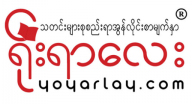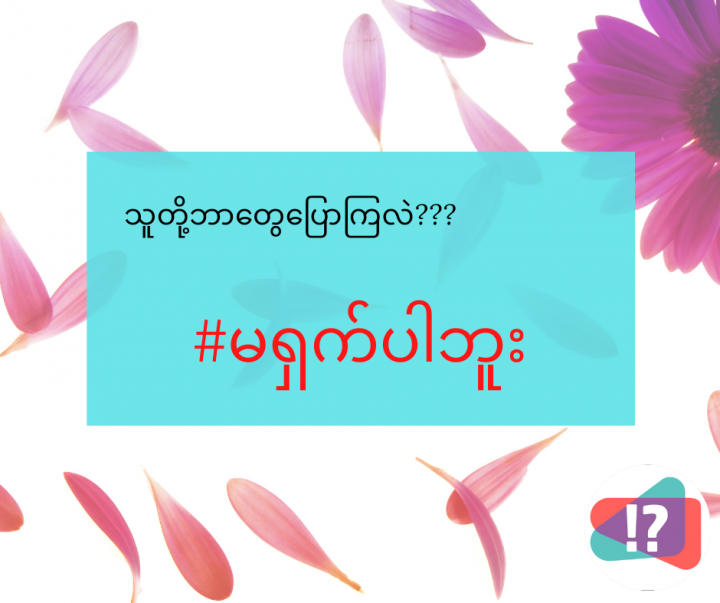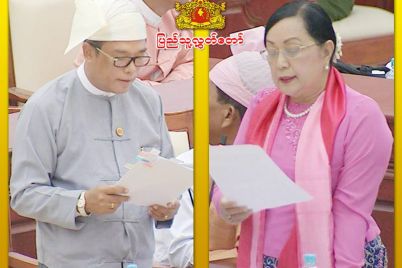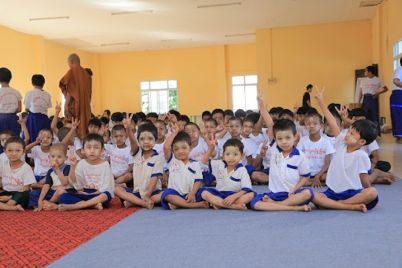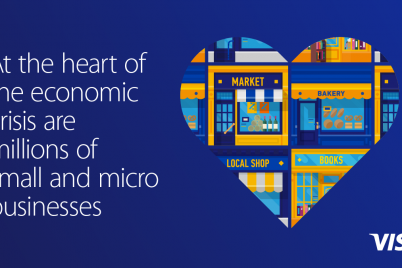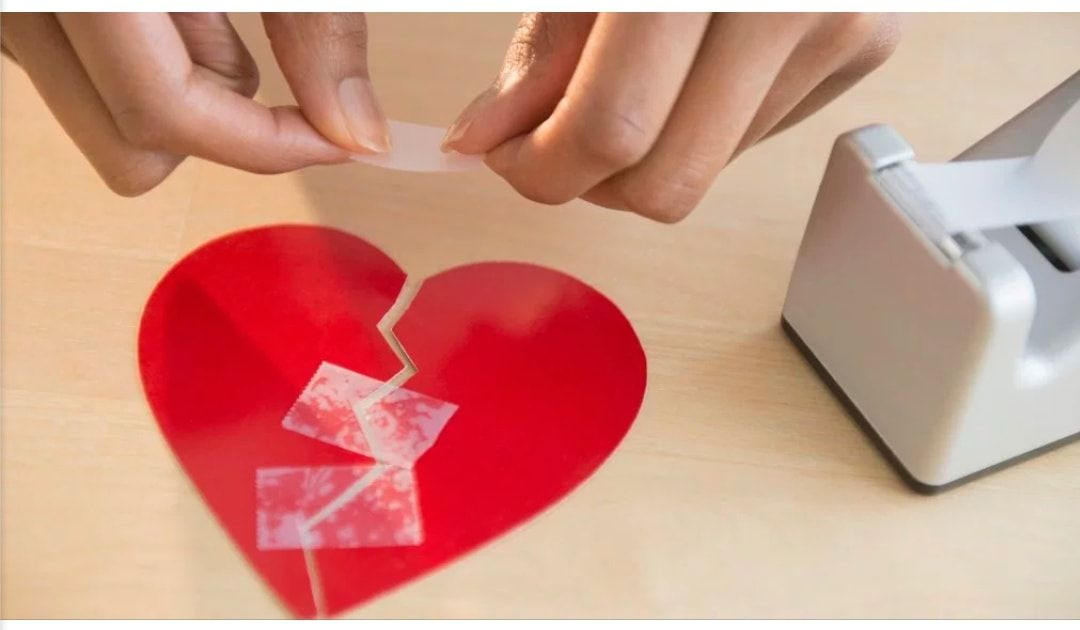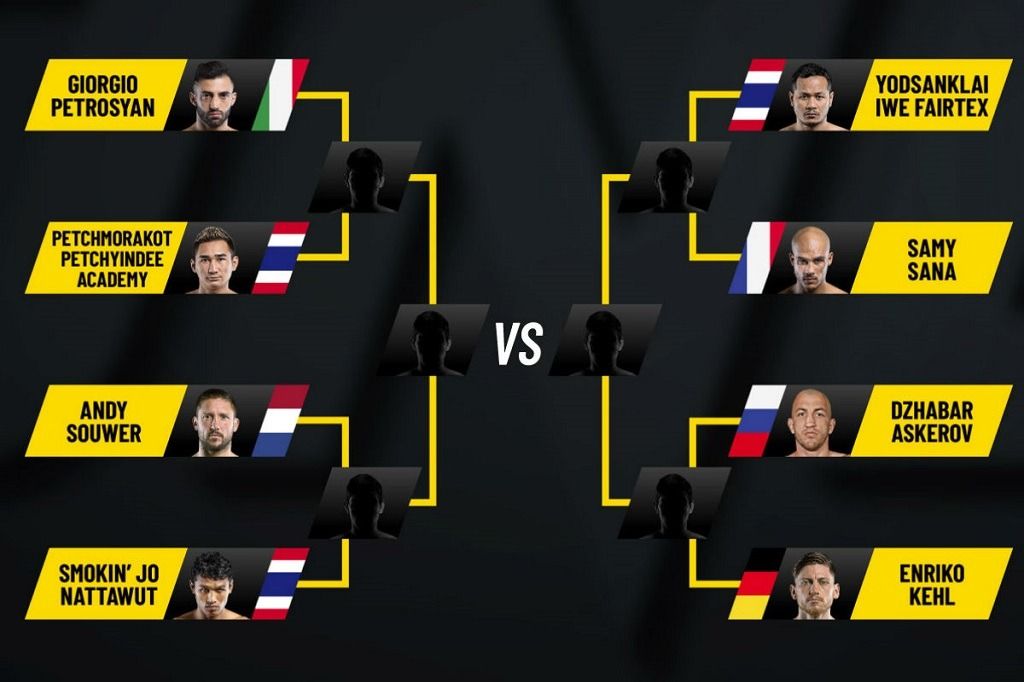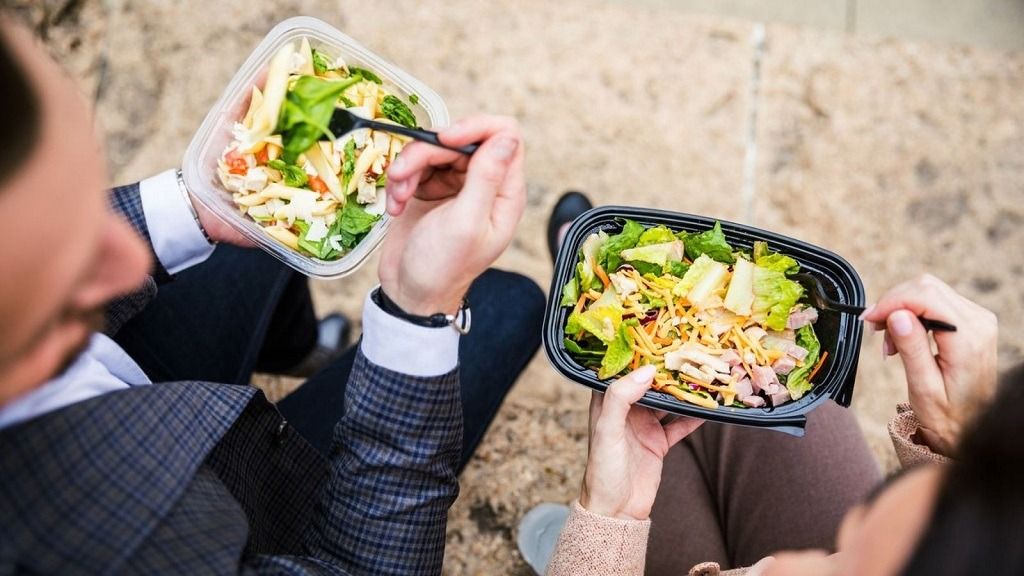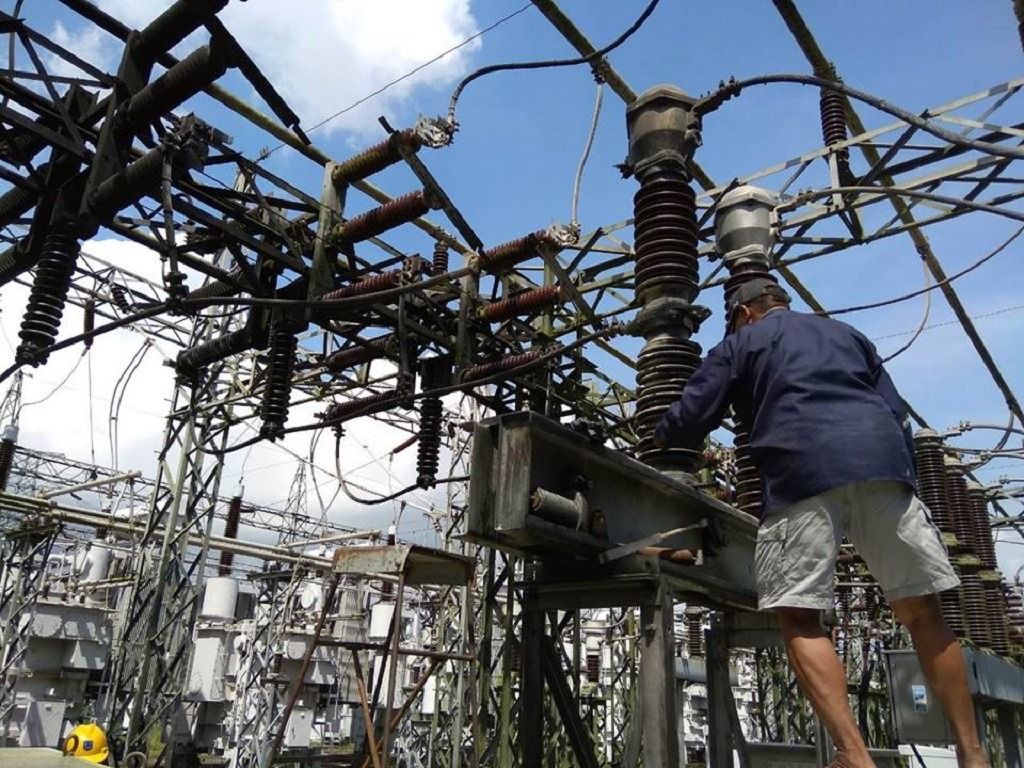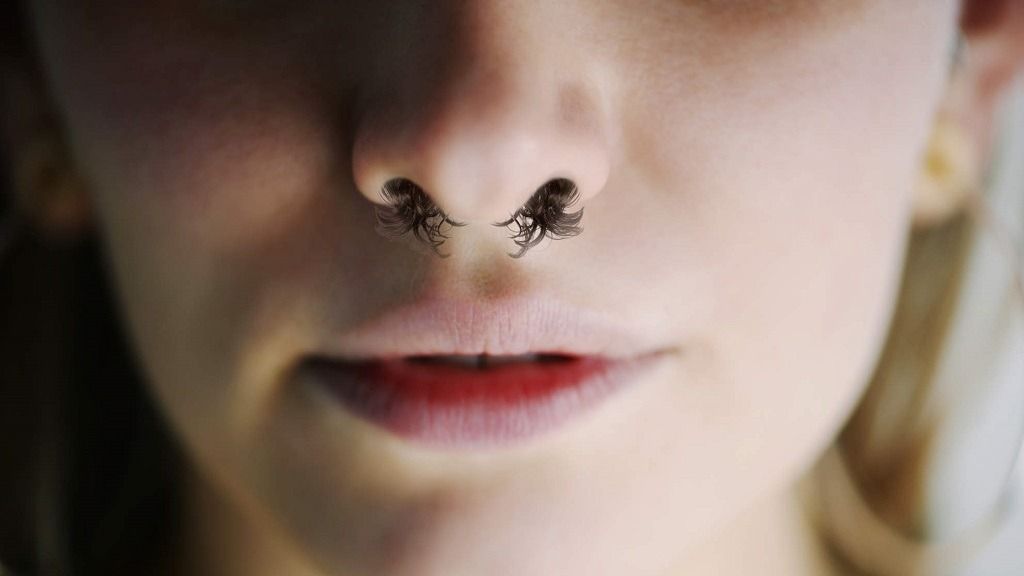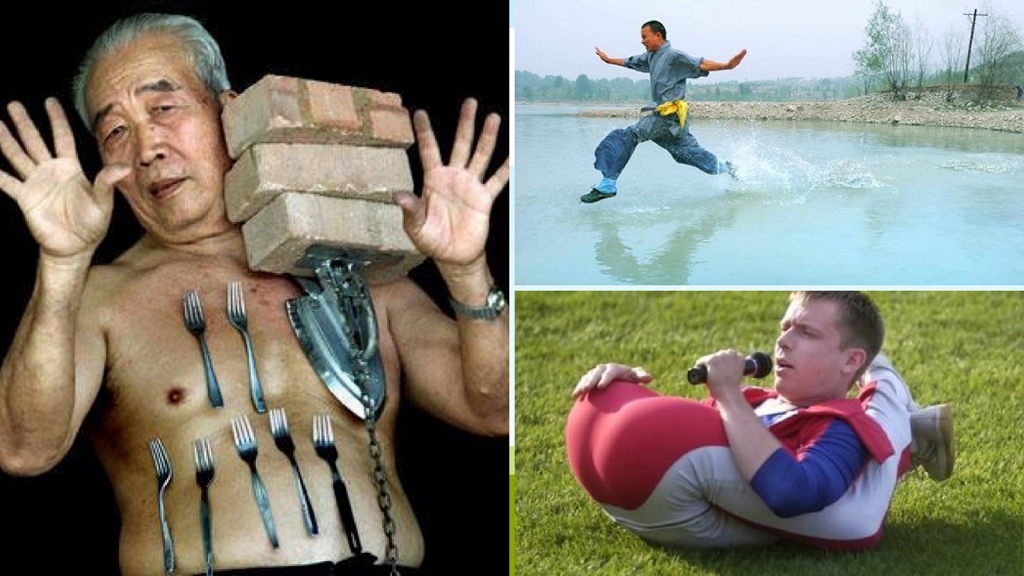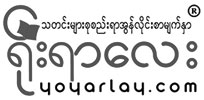Yangon, 7 April 2020 – A social media campaign titled “So What!?” is countering period shame with facts, stories, and positive messaging. Using the hashtag #မရှက်ပါဘ ူး (“I’m not ashamed of it.”), girls and women are sharing stories of their experiences with menstrual shaming and spreading the message that others should be proud of theirs, not ashamed. Men can show their support as well, by sharing the hashtag along with their feelings on tackling the menstrual shaming behaviours that are common in Myanmar society. The movement has also inspired influencers such as Dr.Phio Thiha, Phyo Pa Pa, Yarzar Wizaya, Dr,Yin Yin Naung , Wild Yangon Thu, and Dr.Nutrition to get on board with messages of support and several stories of their own.
So What!? is a communication campaign by Pan Ka Lay, a social enterprise founded in 2018 that is dedicated to improving menstrual health in Myanmar by equipping girls and women with education, support and positive values about their bodies and womanhood. In addition to this campaign, Pan Ka Lay has raised awareness through school talks and conferences such as TEDx, and is developing a comic book to educate adolescent boys and girls about puberty, launching in July.
Kicking off on International Women’s Day in 2019, the So What!? Campaign has brought together celebrities, doctors and communities to educate the public on menstruation and inspire them to view it positively with weekly content and a support hotline. SoWhat!? aims to break down societal taboos about menstruation by making it understood and normalized among both young women and young men, and its name is meant to express empowerment, confidence, and the ordinariness of menstruation as an essential biological process that half of the population goes through every month for most of their lives.
This year, So What!? Is launching a social media campaign with a hashtag #မရှက်ပါဘ ူး (I am not ashamed of it) to call out and stop the menstrual shaming that so many Myanmar girls and women undergo on a regular basis in many different forms, and that is deeply harming them.
“It is common in Myanmar and all over the world to tease girls and women for menstruating,” says Pan Ka Lay founder Henriette Ceyrac. “People do it unthinkingly out of habit, so we launched this campaign to make people pause and consider how it harms women. Separating pads from other items at the cashier, teasing a girl for having a stain, restricting women from living their lives like any other day – all these large and small instances make women feel ashamed of their natural bodies. We want to call these habits out so hopefully people will stop practicing them, and instead praise and support women for menstruating.”
Recognizing that studies of menstruation in Myanmar were lacking, Pan Ka Lay’s team has spoken to over 500 girls, men and women about menstruation since 2017, via focus group discussions, individual interviews and surveys. In 2019, Pan Ka Lay conducted a study which found that 83% of 15-30-year-old women in Yangon think menstruation is dirty.
A 2018 study by the Burnet Institute found several worrying insights about menstruation in rural Myanmar. 70% of rural girls wear each pad for over eight hours (more than twice the recommended time), and – likely as a result – 24% of rural girls show signs of urinary tract infections at any given moment. One in eight girls involved in the study reported themselves missing one or more days of school during their last menstruation, largely for fear of staining their clothes and facing the shame associated with it. The same fear led to decreased concentration and reduced classroom participation among those girls who attended school, particularly a reluctance to stand in front of the class.
“Menstruation should be everybody’s concern,” Ceyrac says. “It’s important for us to share the facts about menstruation so that it can be understood for what it is: a valuable and healthy part of growing up and becoming a woman. In this way, the goal of So What!? is the same as that of everything we do at Pan Ka Lay: to improve the health and status of all Myanmar’s girls and women, so they can better realise their potential.’”
